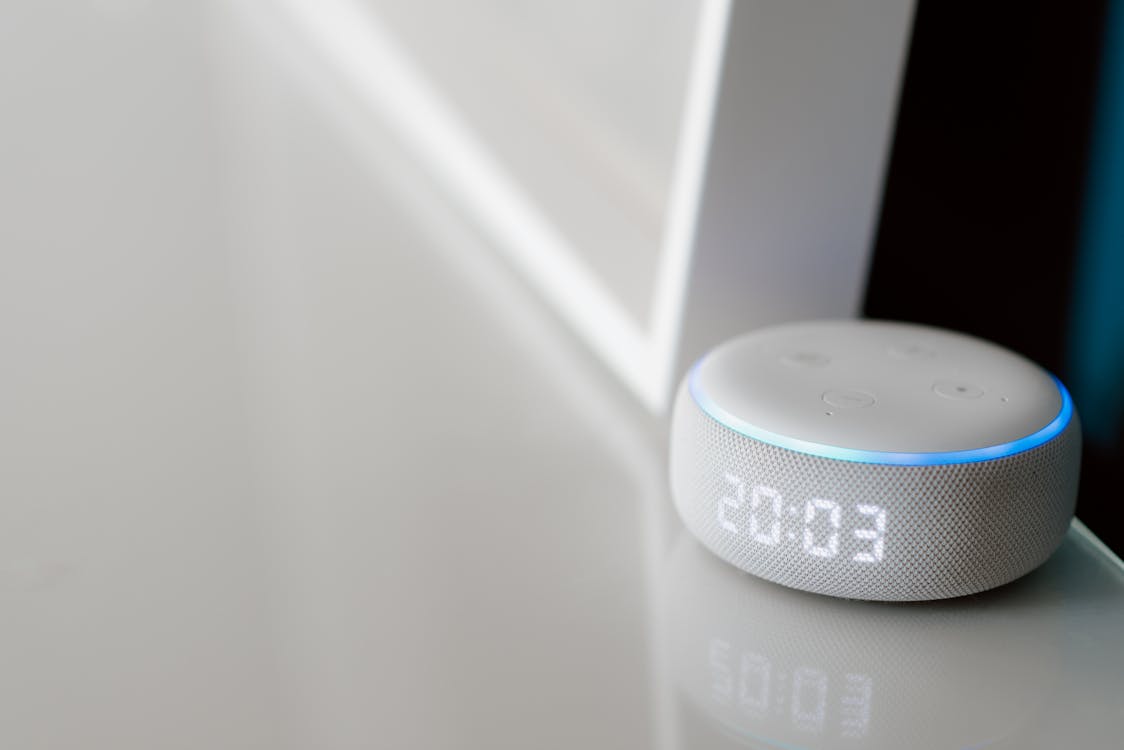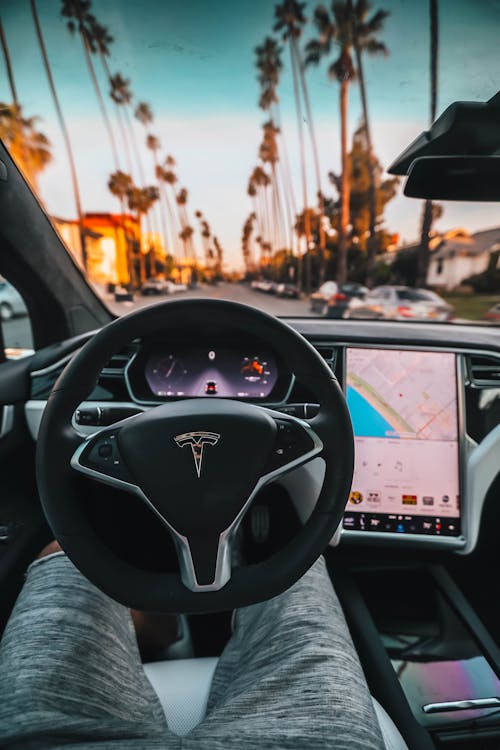AI in Everyday Life: Current Applications and Future Possibilities
Artificial Intelligence (AI) is no longer a futuristic concept confined to the realms of science fiction. Today, AI has seamlessly integrated into our daily lives, transforming the way we live, work, and interact. From virtual assistants to predictive analytics, AI's presence is ubiquitous. This article explores the current applications of AI in everyday life and delves into its future possibilities, offering insights into how this revolutionary technology continues to evolve.
Current Applications of AI in Everyday Life
1. Virtual Assistants

Virtual assistants like Amazon's Alexa, Apple's Siri, and Google Assistant have become household staples. These AI-powered assistants help manage daily tasks, answer questions, control smart home devices, and even entertain. By leveraging natural language processing (NLP) and machine learning, virtual assistants continuously improve their ability to understand and respond to user queries.
2. Personalized Recommendations
AI algorithms are the driving force behind personalized recommendations on platforms like Netflix, Amazon, and Spotify. By analyzing user behavior, preferences, and past interactions, AI can suggest movies, products, and music tailored to individual tastes, enhancing user experience and engagement.
3. Smart Home Devices

AI-enabled smart home devices, such as thermostats, security cameras, and lighting systems, offer increased convenience and efficiency. These devices learn from user behaviors and preferences to automate home settings, providing comfort and security while optimizing energy consumption.
4. Healthcare Innovations
In healthcare, AI is revolutionizing diagnostics, treatment, and patient care. AI-powered tools can analyze medical data to detect diseases early, recommend personalized treatment plans, and even assist in surgeries. Virtual health assistants provide 24/7 support, answering health-related questions and reminding patients to take medications.
5. Autonomous Vehicles

Self-driving cars, developed by companies like Tesla and Waymo, utilize AI to navigate roads, avoid obstacles, and ensure passenger safety. While fully autonomous vehicles are still in development, AI's role in enhancing driving assistance systems and improving road safety is undeniable.
6. Financial Services
AI is transforming the financial sector by enhancing fraud detection, automating trading, and providing personalized banking services. AI-driven chatbots handle customer inquiries, while predictive analytics offer insights into investment opportunities and market trends.
Future Possibilities of AI in Everyday Life
1. Advanced Personalization

The future of AI promises even more advanced personalization. AI will be able to predict user needs before they arise, offering proactive solutions. Imagine a virtual assistant that not only schedules your day but also anticipates your mood and adjusts your environment accordingly.
2. Healthcare Revolution
AI's potential in healthcare is vast. Future advancements may include AI-driven drug discovery, real-time health monitoring through wearable devices, and highly accurate predictive analytics for disease prevention. AI could also play a crucial role in managing pandemics by analyzing data and predicting outbreaks.
3. Enhanced Education
AI will transform education by providing personalized learning experiences. Adaptive learning platforms will cater to individual student needs, strengths, and weaknesses. AI tutors could offer one-on-one assistance, making education more accessible and effective.
4. Smarter Cities
AI will be integral to developing smart cities, where infrastructure and services are optimized for efficiency and sustainability. AI could manage traffic flow, reduce energy consumption, and improve public safety through advanced surveillance systems and predictive policing.
5. Workplace Automation
AI will continue to automate routine tasks, allowing humans to focus on creative and strategic work. In addition, AI-powered tools will enhance productivity by providing insights and recommendations, streamlining workflows, and facilitating better decision-making.
6. Ethical AI

As AI becomes more prevalent, addressing ethical concerns will be crucial. Future developments will likely focus on creating transparent, fair, and accountable AI systems. Ensuring AI respects privacy and human rights will be paramount to its successful integration into society.
Conclusion
AI is undeniably reshaping everyday life, offering unprecedented convenience, efficiency, and personalization. As AI technology continues to evolve, its applications will become even more integral to our daily routines, revolutionizing industries and enhancing our quality of life. Staying informed about these developments and understanding their implications will be essential as we navigate this AI-driven future.
By exploring current applications and future possibilities, we gain insight into the transformative power of AI and its potential to shape a better, smarter world. As AI continues to advance, its role in everyday life will only grow, making it an exciting field to watch and engage with

 Cricket Score Counter
Cricket Score Counter Heads or Tails
Heads or Tails
You have not logged in, please Login to comment.